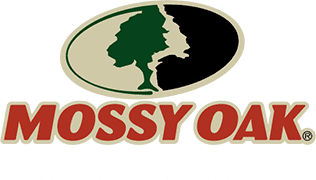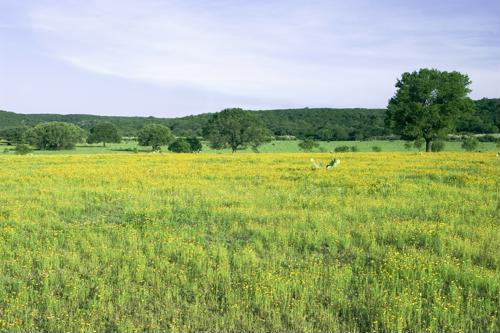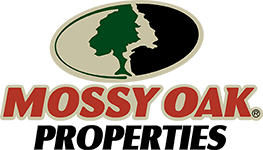For most land buyers, purchasing rural property means taking out a loan. And while this process comes with plenty of moving parts to consider, one of the most important decisions will likely be choosing between a fixed and adjustable interest rate.
The obvious question is: Which is better? Like with most issues surrounding rural real estate, that answer is not as simple as it may seem.
“It depends on the buyer’s plans for the property,” according to Gary Blair of Southern Ag Credit. “Also, consider if you will be cutting timber and paying down the loan early. Long-term and for piece of mind, a fixed rate may be best going forward, however, my customers who picked an adjustable rate the past five years would have paid 2 percent on average below fixed rates. That saving may diminish soon if rates rise as projected.”
Understanding the basics
Just like its name implies, a fixed-rate mortgage provides land buyers with a set rate of interest that will not change throughout the life of the loan. This can make it much easier to plan ahead for payments, and therefore stick to a budget in the rest of your life.
Meanwhile, adjustable-rate mortgages, also referred to as variable-rate, can change based on a number of factors. While they can fall, they may also suddenly rise, leading to more expensive loan payments.
Deciding which is the best option comes down to a combination of personal circumstances and what the future has in store.
“Interest rates have been at an all-time low for the past four years,” Blair continued. “The experts expect rates will begin to rise. Adjustable or variable rates are usually month-to-month rates based on LIBOR or prime, and are expected to rise. Most lenders do not offer long-term fixed rates on land financing, however, you can obtain rates locked for three-, five-, seven-, 10- or 15-year terms. These rates are also very low. Look at your finances and lock a rate to match you plans for the property. Most land loans pay in full in seven to nine years. The buyers prepay from earnings, sell and buy a larger or different tract or [refinance] in a shorter time than home mortgage loans.”
Based on the current market, Blair stated the best option may be a five-, seven- or 10-year fixed rate.
Beyond interest
While securing a low interest rate can be a vital part of getting a good deal when buying land, it’s not the only factor to consider.
“[Land buyers should keep in mind] upfront costs such as origination fees, attorney fees and appraisal costs,” Blair said. “These fees will increase your effective rate.”
It’s also a good idea to explore options that can help lower costs. Individuals investing in land may be able to call on special programs, for example.
“[C]onsider using a private cooperative (Farm Credit) financing option,” Blair continued. “The stock purchase requirement of the Farm Credit lender in most cases will be offset by the patronage payments. Some Farm Credit lenders are paying a patronage equal up to a 1 percent rate payment. If your rate is 5 percent, then a 1 percent patronage payment would reduce your effective rate to 4 or 4.25 percent depending on the rate terms. The Farm Credit lenders specialize in financing land outside the city limits and provide expertise with rural property financing.”
By having a land specialist in your corner when buying and an experienced loan provider when borrowing, you stand a much better chance of saving money and walking away with a tract of land you can be proud of.


